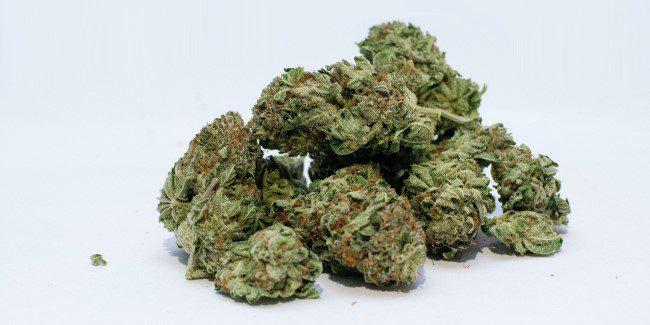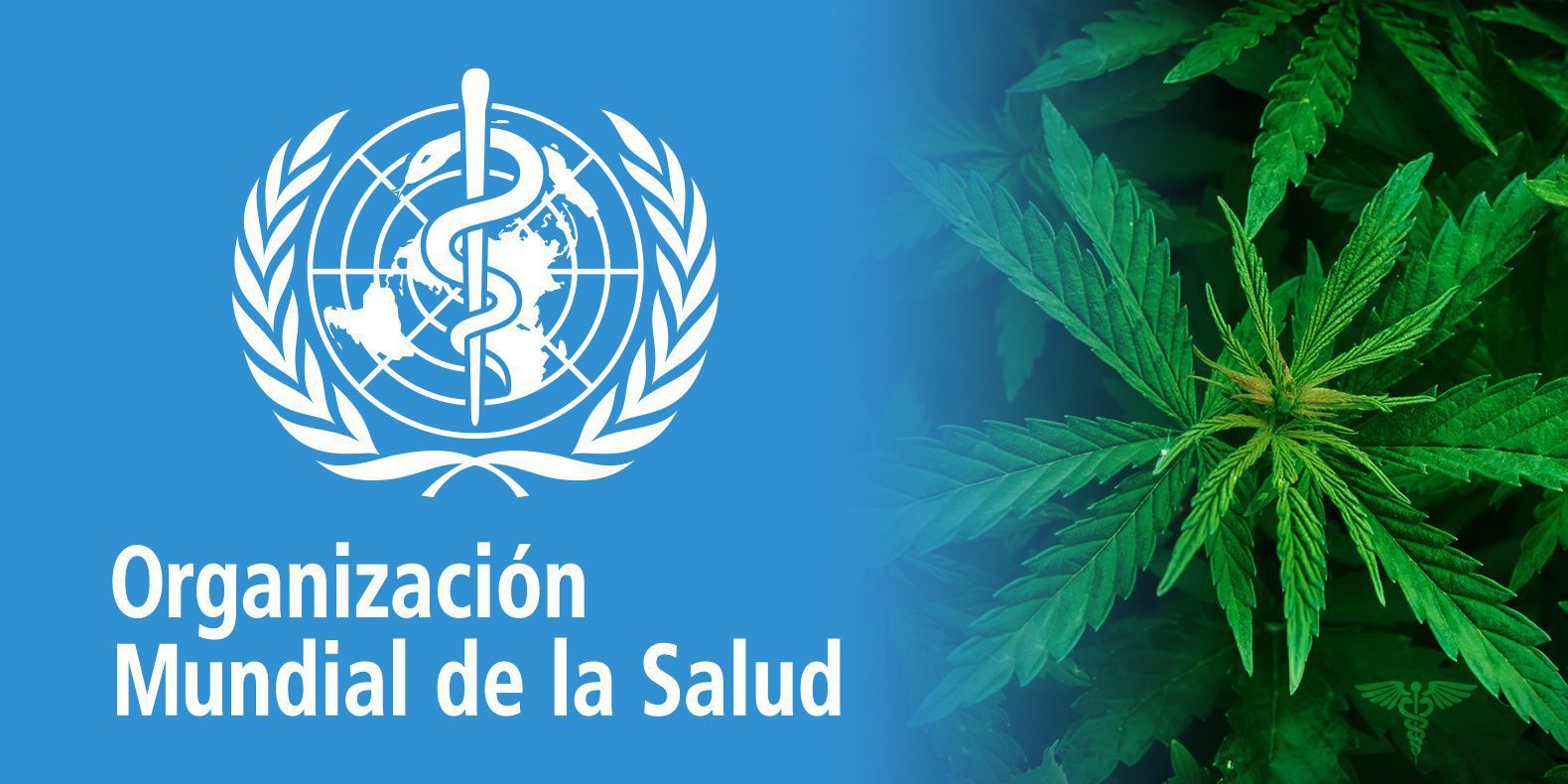
The world’s biggest bud
If you want to know what the largest bud in the world is or who broke the Guinness world record by making the largest joint, we’ll clarify your doubts. Marijuana has been present mankind’s life…
Iberian Peninsula express shipping
0€ Orders over 60€
*6€ orders under 59€
East, West, South Europe express shipping
0€ Orders over 150€
*18€ orders under 149€
North Europe express shipping
0€ Orders over 160€
*20€ orders under 159€
Ireland, Norway, UK normal shipping
0€ Orders over 60€
*6€ orders under 59€
Rest of the world normal shipping
0€ Orders over 180€
*25€ orders under 179€
Shipping costs can be confirmed in your shopping cart.
For additional shipping methods, please reach out through info@kannabia.com.


*Website protected by SSL.
**Not available in all regions.
*Your coupon will be sent via email.
*Should you have any question, comment or feedback, please do not hesitate to contact us.

The World Health Organization (WHO), the United Nations agency for the management of prevention, promotion and intervention policies in health, has declared that CBD is safe, non-addictive and has a high therapeutic potential.
Due to the growing interest of UN Member States in the medical use of cannabis, for the last few years WHO has endeavored to gather solid scientific evidence on both the therapeutic use and side effects of cannabis and its components.
The initial results were presented last November, when the WHO Expert Committee on Drug Dependence (ECDD), reviewed various psychoactive substances, including called NPS (new psychoactive substances) and cannabidiol (CBD), non-psychoactive compound of cannabis plants at its annual meeting at its headquarters in Geneva.
The main purpose of the Committee is the evaluation of the medical properties of substances susceptible to improper use, with a high potential for abuse and dependence or harmful to health; and the provision of recommendations to the relevant bodies of the United Nations.
In the preliminary report, the authors highlight the many aspects of CBD that have shown therapeutic benefits in pathologies such as Alzheimer’s, Parkinson’s, anxiety and depression disorders and cancer, as well as its therapeutic potential in the treatment of drug addiction. As the most advanced studies concern the role of CBD in the treatment of epilepsy, it is necessary to continue investigating the effects of Cannabidiol in the treatment of other pathologies.
CBD is safe, since there is no evidence of recreational use or public health problems related to its use, it does not induce physical dependence, is generally well tolerated, and presents a good safety profile as well as not being associated with abuse phenomena, (unlike other cannabinoids such as THC).
Based on these considerations, WHO recommends that Member States do not categorize CBD as a drug and have commited to carry out an extensive review of cannabidiol, cannabis and related substances for the next annual meeting in May 2018 (to include cannabis plants and resin, cannabis extracts and tinctures, delta-9-tetraidrocannabinolo and isomers of THC).
In recent years many states have reclassified CBD as a pharmaceutical drug, and in the international market it is now possible to access pure CBD extracts and medicines, as well as cosmetic and personal hygiene products.
The publication of this report will surely allow many States to expedite the legalization of CBD and leave users, technicians and politicians awaiting eagerly the promised revision next May.